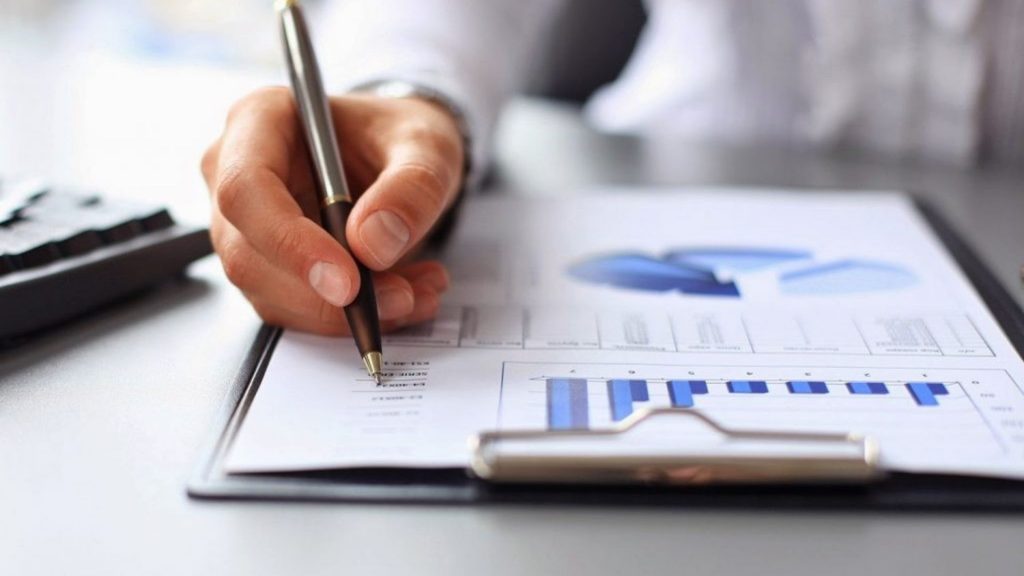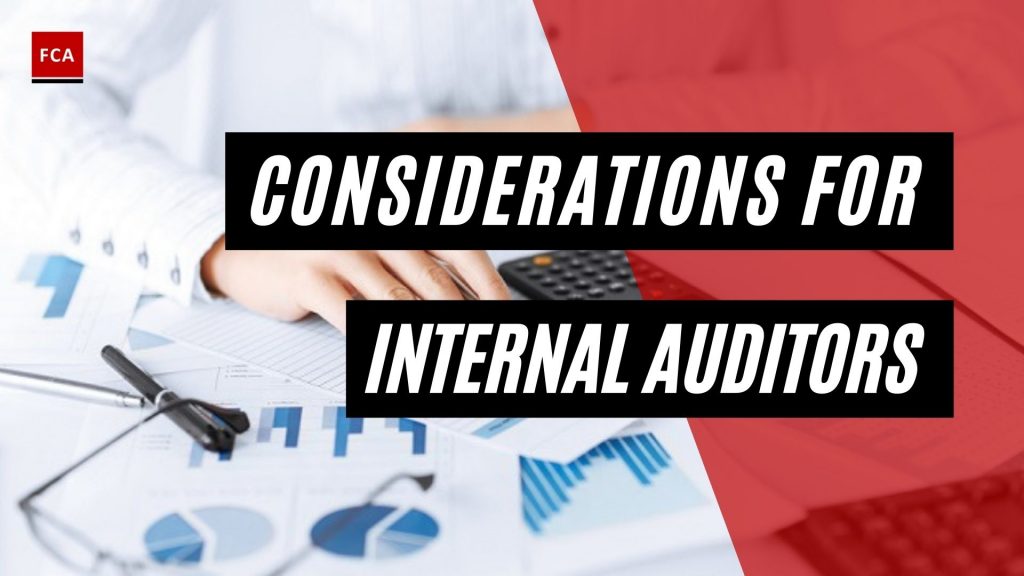Considerations for internal auditors. Internal auditors support management’s efforts to establish a culture that embraces honesty and integrity. They assist management with evaluating internal controls used to detect fraud, evaluate the organization’s assessment of fraud risk, and are involved in any fraud investigations.

Considerations For Internal Auditors
Although it is the management’s responsibility to design internal controls to prevent, detect, and mitigate fraud, internal auditors are the appropriate resource for assessing the effectiveness of the management’s implementation.
Prevention
As a part of their assurance activities, internal auditors watch for fraud risks, assess the adequacy of related controls, and make recommendations for improvement.
Detection
Because the internal auditors expose key processes throughout the organization and have open lines of communication with the executive board and staff, they play an important role in fraud detection. In many organizations, the chief audit executive is responsible for responding to issues raised on the ethics hotline or through another process that may lead to the detection of fraud.
Investigation
Internal auditors may either have a direct role in investigating fraud incidents or act as a resource to those responsible. They are generally not expected to detect fraud directly.
Roles Of The Auditor And The Internal Auditors
In an audit conducted in accordance with PCAOB standards, one of the auditor’s responsibilities is to obtain sufficient appropriate evidential matter to provide a reasonable basis for the auditor’s opinion on the entity’s financial statements. The auditor maintains independence from the entity while carrying out this responsibility.
Internal auditors are in charge of providing analyses, evaluations, assurances, recommendations, and other information to the entity’s management and board of directors, as well as to others with equivalent authority and responsibility. Internal auditors must maintain objectivity with regard to the activity being audited in order to fulfill this responsibility.

Obtaining An Understanding Of The Internal Audit Function
Monitoring the performance of an entity’s controls is an important responsibility of the internal audit function. When learning about internal control3, the auditor should learn enough about the internal audit function to identify the internal audit activities that are relevant to audit planning. Depending on the nature of the activities, the extent of the procedures required to obtain this understanding will vary.
Normally, the auditor should inquire about the internal auditors with appropriate management and internal audit personnel.
- The entity’s organizational status.
- Professional standards must be followed
- Audit plan, including audit nature, timing, and scope.
- Access to records, as well as any restrictions on the scope of their activities.
Furthermore, the auditor may inquire about the internal audit function’s charter, mission statement, or any other similar directive from management or the board of directors. This inquiry will typically provide information about the internal audit function’s goals and objectives.
Final Thoughts
If, after gaining an understanding of the internal audit function, the auditor concludes that the internal auditors’ activities are unrelated to the financial statement audit, the auditor is not required to give the internal audit function any further consideration unless the auditor requests direct assistance from the internal auditors as described in paragraph. Even if some of the internal auditors’ activities are relevant to the audit, the auditor may conclude that it would be inefficient to consider the internal auditors’ work further.








